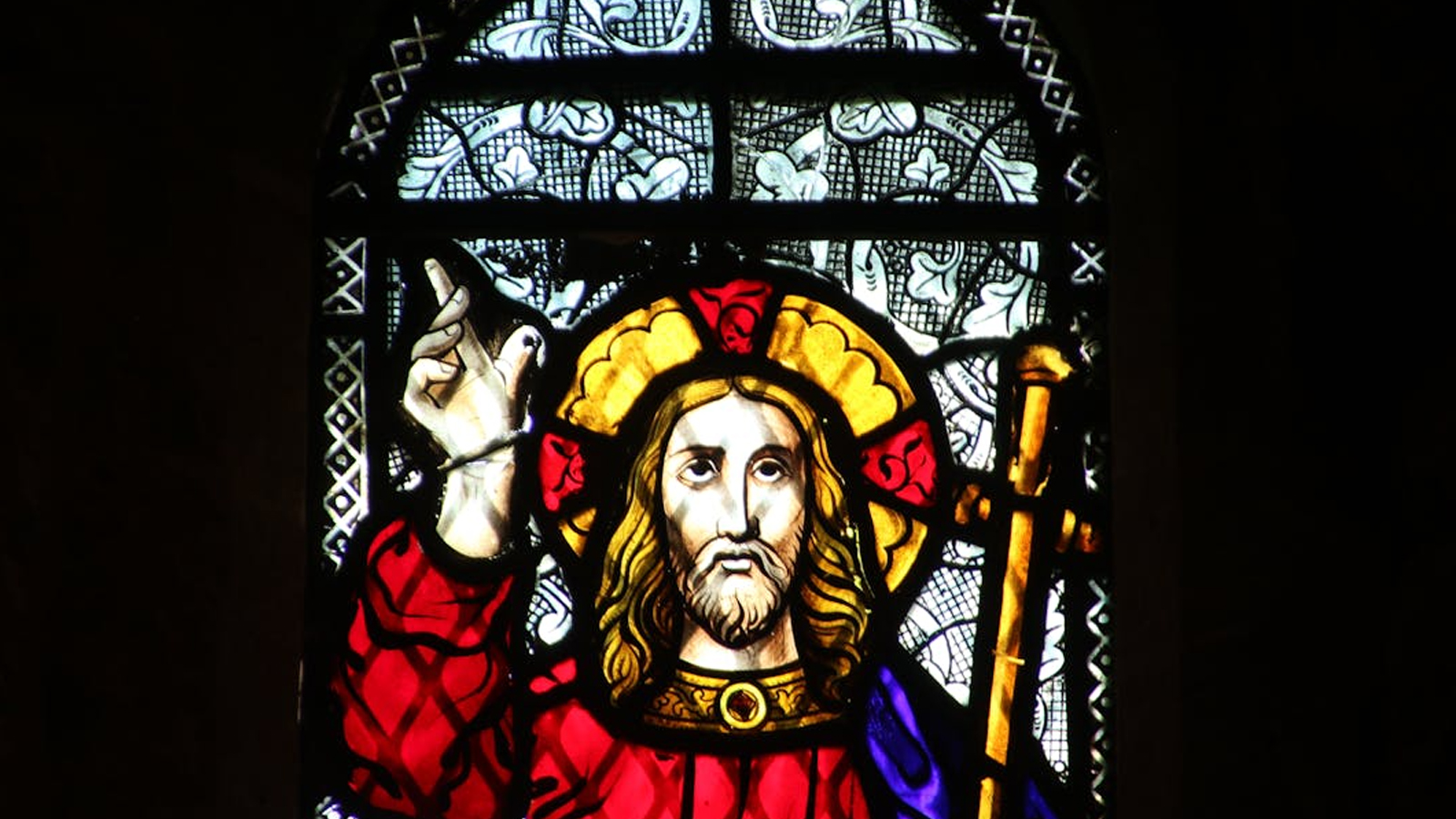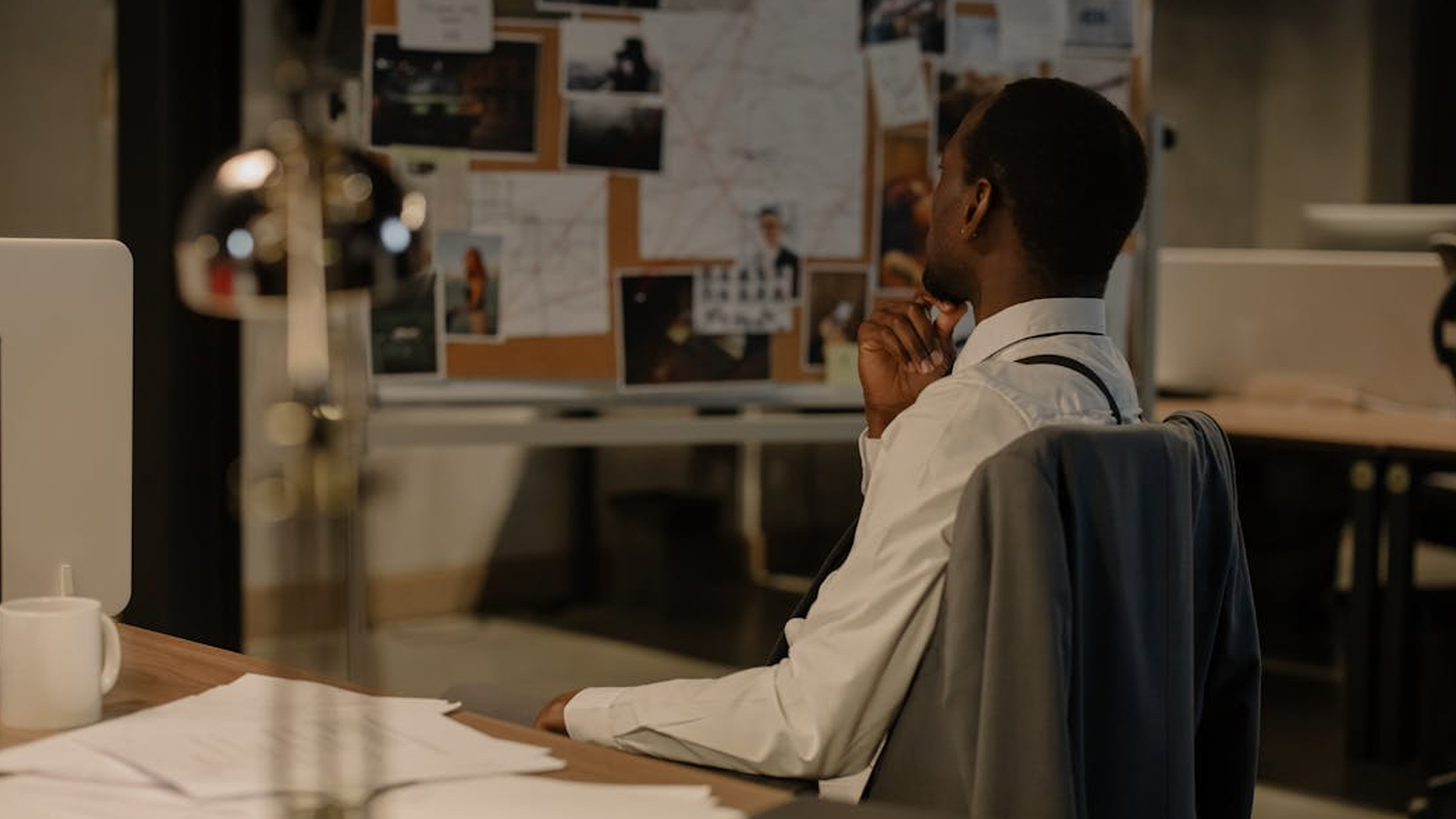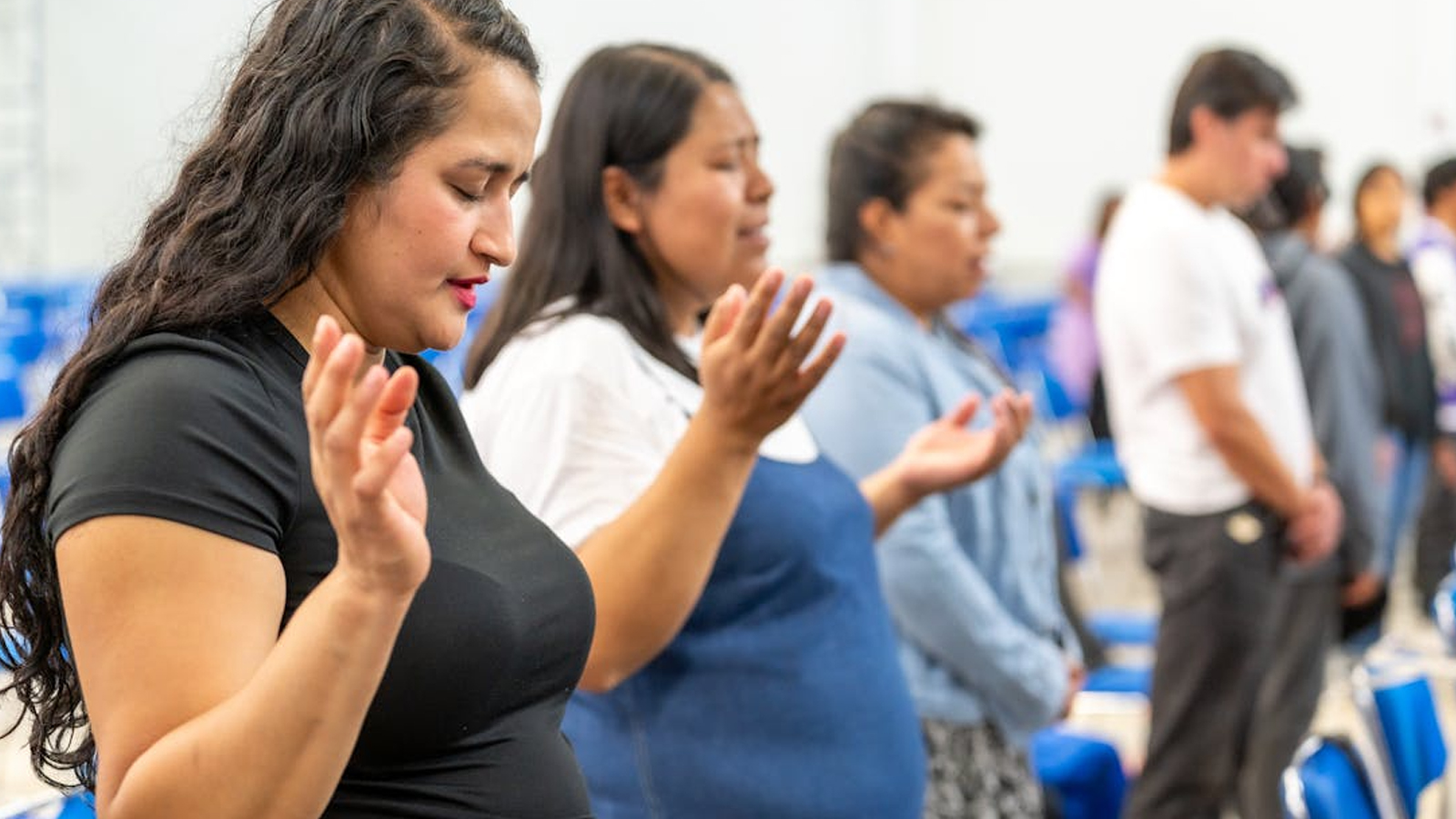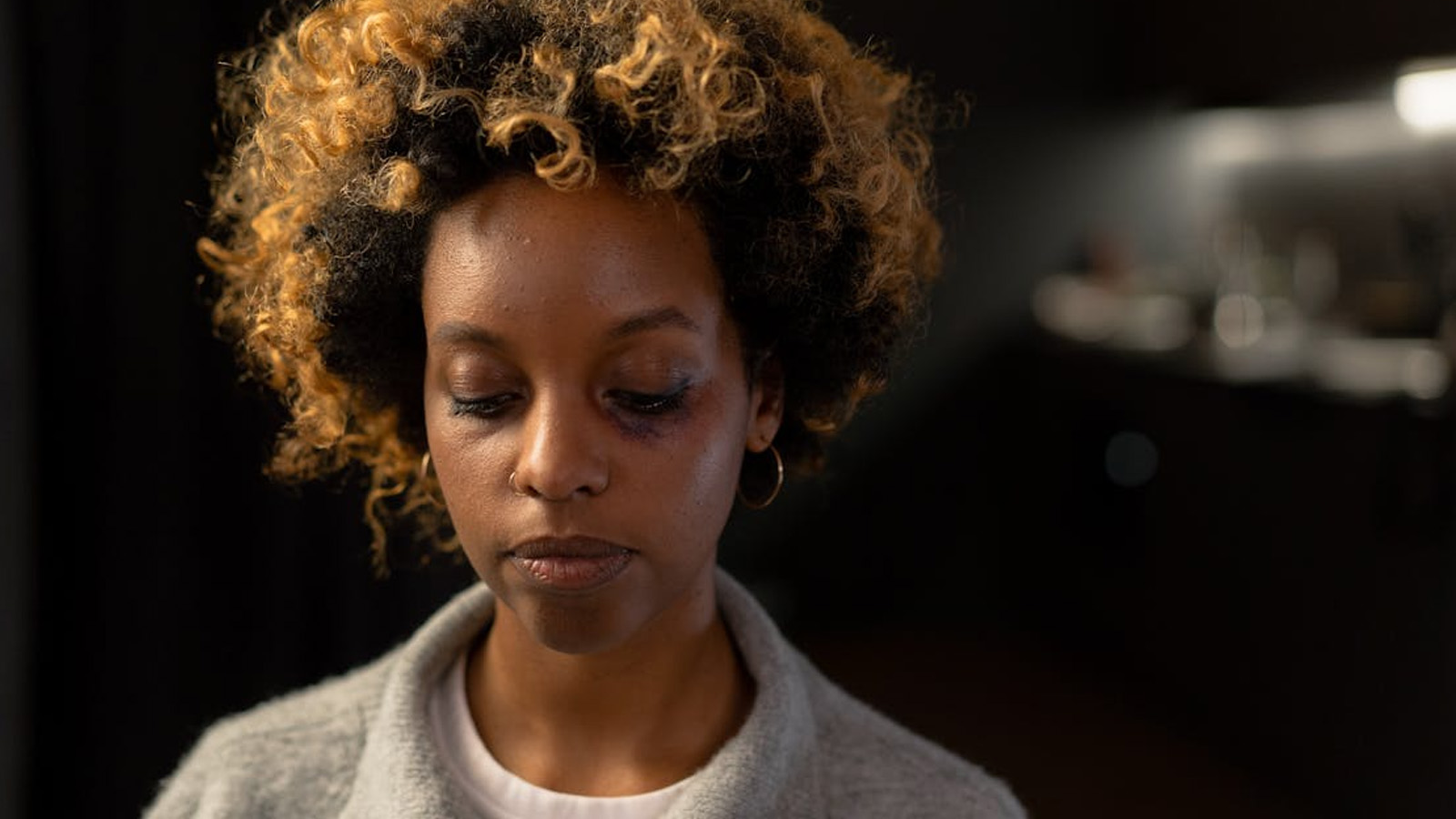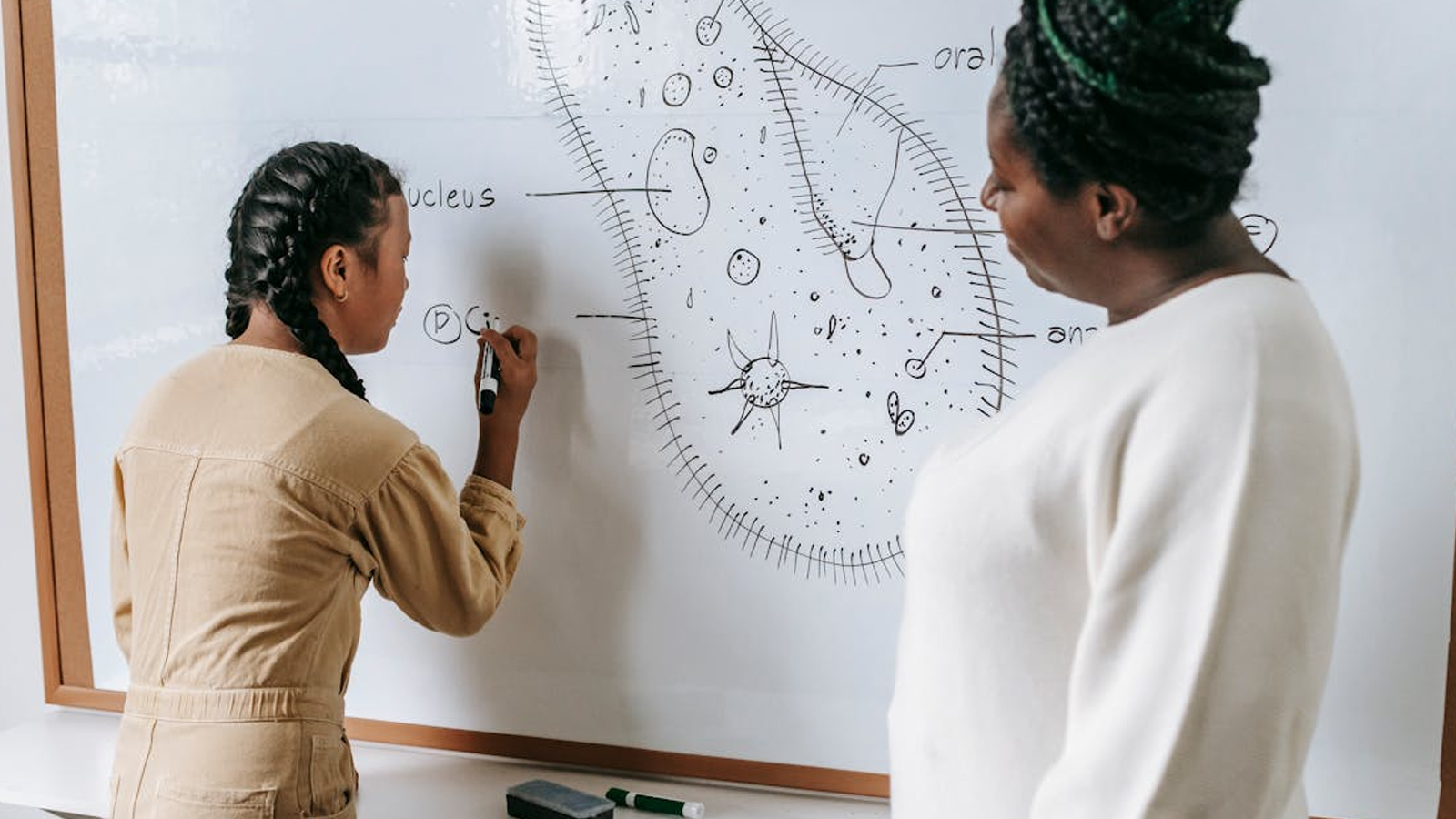When it comes to conversations about science and faith, many Christians feel intimidated—especially when the other person has formal scientific training. I get it. Maybe your cousin is a physicist or a biologist, and you’re thinking, “How could I possibly speak meaningfully about cosmology or biology when I don’t have a science degree?” But here’s something to remember: every meaningful examination of evidence—whether in a courtroom or a scientific lab—relies not simply on expertise, but on reason. And reason belongs to everyone.
In my work as a detective, I call expert witnesses all the time. DNA analysts, medical examiners, chemists—people with specialized knowledge that helps us understand the evidence. But when the trial begins, experts don’t get to vote. The people who decide the truth of a case are lay jurors—non-experts who are reasonable and willing to examine competing claims. Experts present their arguments, often in direct opposition to one another, and the jurors must determine which explanation best fits the evidence. When a trial begins, experts don’t get to vote. The people who decide the truth of a case are lay jurors—non-experts who are reasonable and willing to examine competing claims. Share on X
That’s a powerful picture for how we, as everyday believers, can approach discussions about science and faith. You don’t have to be a cosmologist to evaluate the claims of cosmologists. You just have to be reasonable, open-minded, and willing to follow the evidence. In fact, sometimes expertise can even become a liability when it carries a built-in philosophical bias. Many scientists today embrace naturalism—the belief that only material causes exist. But if you begin your search by excluding nonmaterial (and therefore non-natural) causes, you’ve already limited what conclusions you’re allowed to reach.
Imagine if I ran an investigation and decided ahead of time that I would never consider a person—a “who”—as a suspect. If all I asked were the what, when, where, why, and how questions, I’d never solve a single case. Yet that’s precisely what some scientists do when they refuse to ask whether a “who” might be behind the universe’s origin. If you’re willing to consider that possibility, you’ll see that the best and most reasonable inference from the evidence might indeed point to a personal cause.
So how do you engage a conversation about science when you don’t have a science background? You ask good questions—the same way detectives do. Greg Koukl calls them “Columbo questions”: What do you mean by that? Why do you think that’s true? Have you considered an alternative? Those three questions are powerful tools that help reveal assumptions, clarify definitions, and open doors for thoughtful discussion.
For example, if someone says, “There’s not enough evidence to believe God exists,” ask, “What do you mean by evidence?” As an investigator, I can tell you there are multiple kinds of evidence—direct and indirect, testimonial and physical. All are legitimate when making a case. Often, skeptics operate with a very narrow, self-defined view of evidence, one that rules out certain conclusions before the investigation even begins. When we challenge that assumption, we can move the conversation toward what really matters: following the evidence wherever it leads.
Even in cosmology—the study of the universe’s origin—you can engage thoughtfully without being an astrophysicist. Start with what’s known: if all space, time, and matter came into existence from nothing, then the cause of those things cannot itself be spatial, temporal, or material. That’s simple logic, not astrophysics. Something—or rather, someone—outside of space, time, and matter must be responsible. If your friend disagrees, invite them to explain why. Let them teach you. Stay open, but stay reasonable.
In the end, this isn’t about competing credentials—it’s about honest inquiry. The truth is not reserved for the academy; it’s accessible to anyone willing to pursue it. You don’t need a formal education in physics to see design in the universe, or in biology, or within the moral fabric of humanity. What you need is the courage to ask questions and the humility to examine both sides.
So when someone tells you that faith and science can’t coexist unless you’re a professional scientist, remember the courtroom. Experts may argue, but the verdict rests in the hands of fair-minded people who seek the truth. That’s you and me. The case for God is built not on blind belief, but on reasonable inference from evidence—and anyone who’s willing to think carefully can make that case.
 For more information about the scientific and philosophical evidence pointing to a Divine Creator, please read God’s Crime Scene: A Cold-Case Detective Examines the Evidence for a Divinely Created Universe. This book employs a simple crime scene strategy to investigate eight pieces of evidence in the universe to determine the most reasonable explanation. The book is accompanied by an eight-session God’s Crime Scene DVD Set (and Participant’s Guide) to help individuals or small groups examine the evidence and make the case.
For more information about the scientific and philosophical evidence pointing to a Divine Creator, please read God’s Crime Scene: A Cold-Case Detective Examines the Evidence for a Divinely Created Universe. This book employs a simple crime scene strategy to investigate eight pieces of evidence in the universe to determine the most reasonable explanation. The book is accompanied by an eight-session God’s Crime Scene DVD Set (and Participant’s Guide) to help individuals or small groups examine the evidence and make the case.


